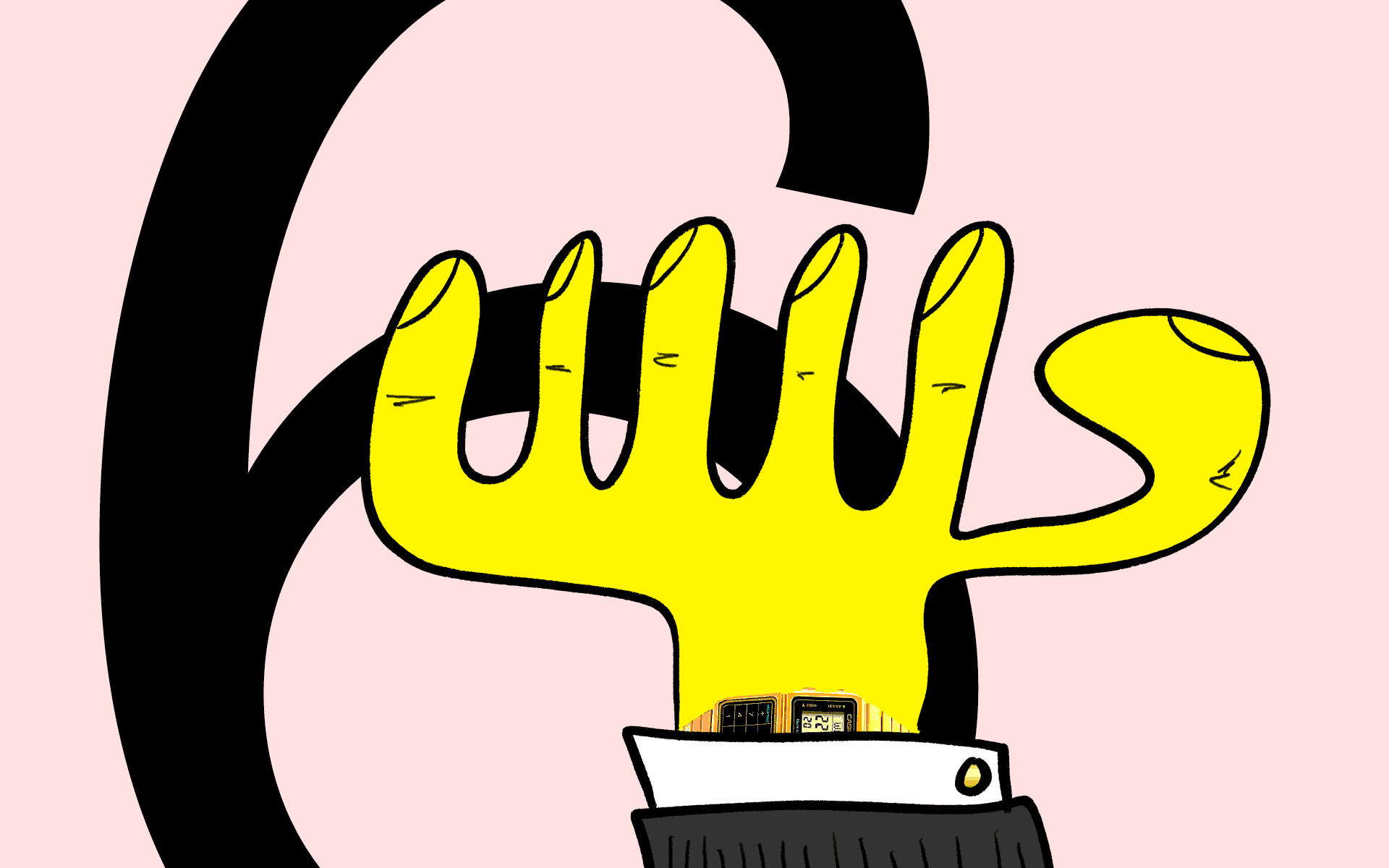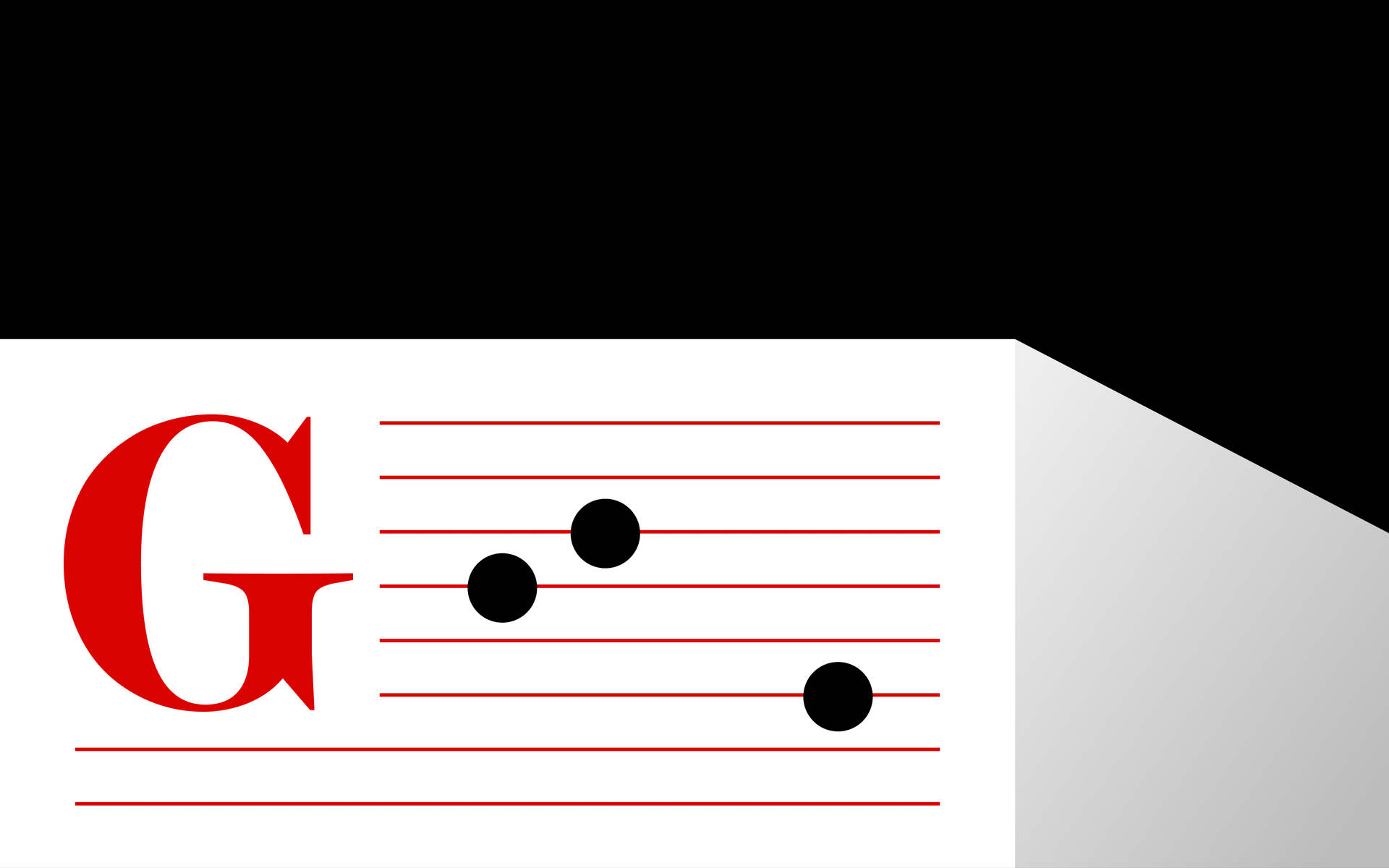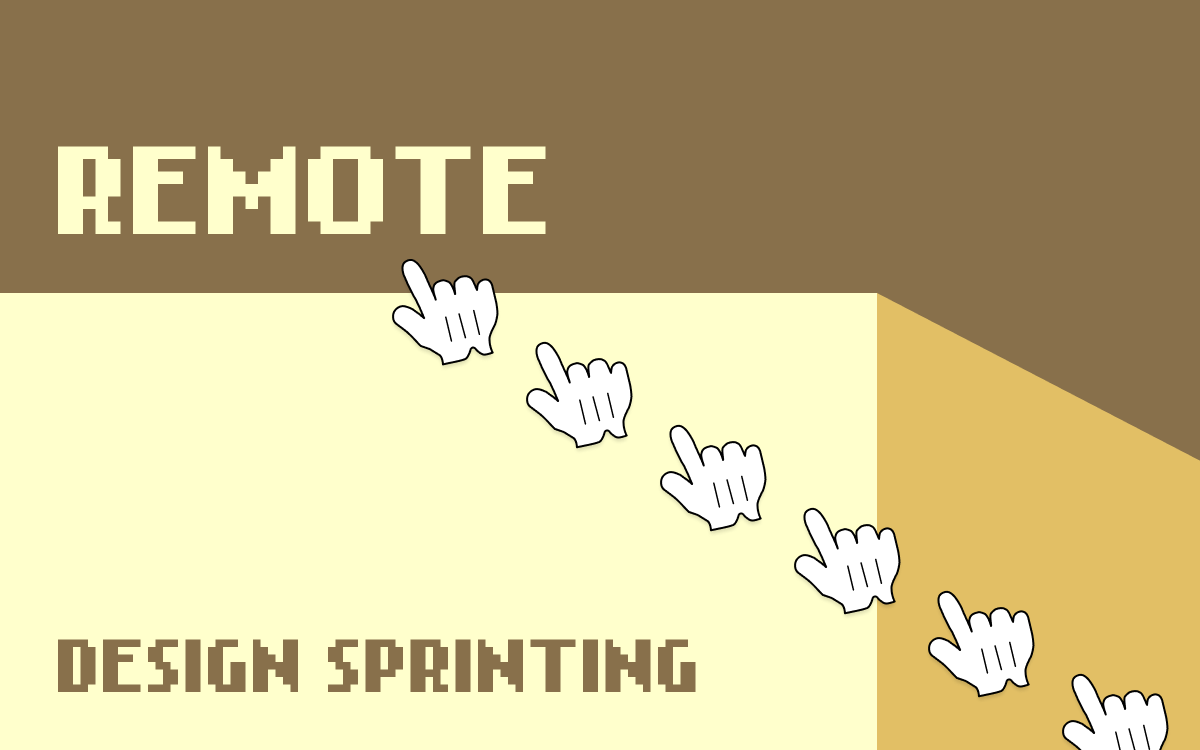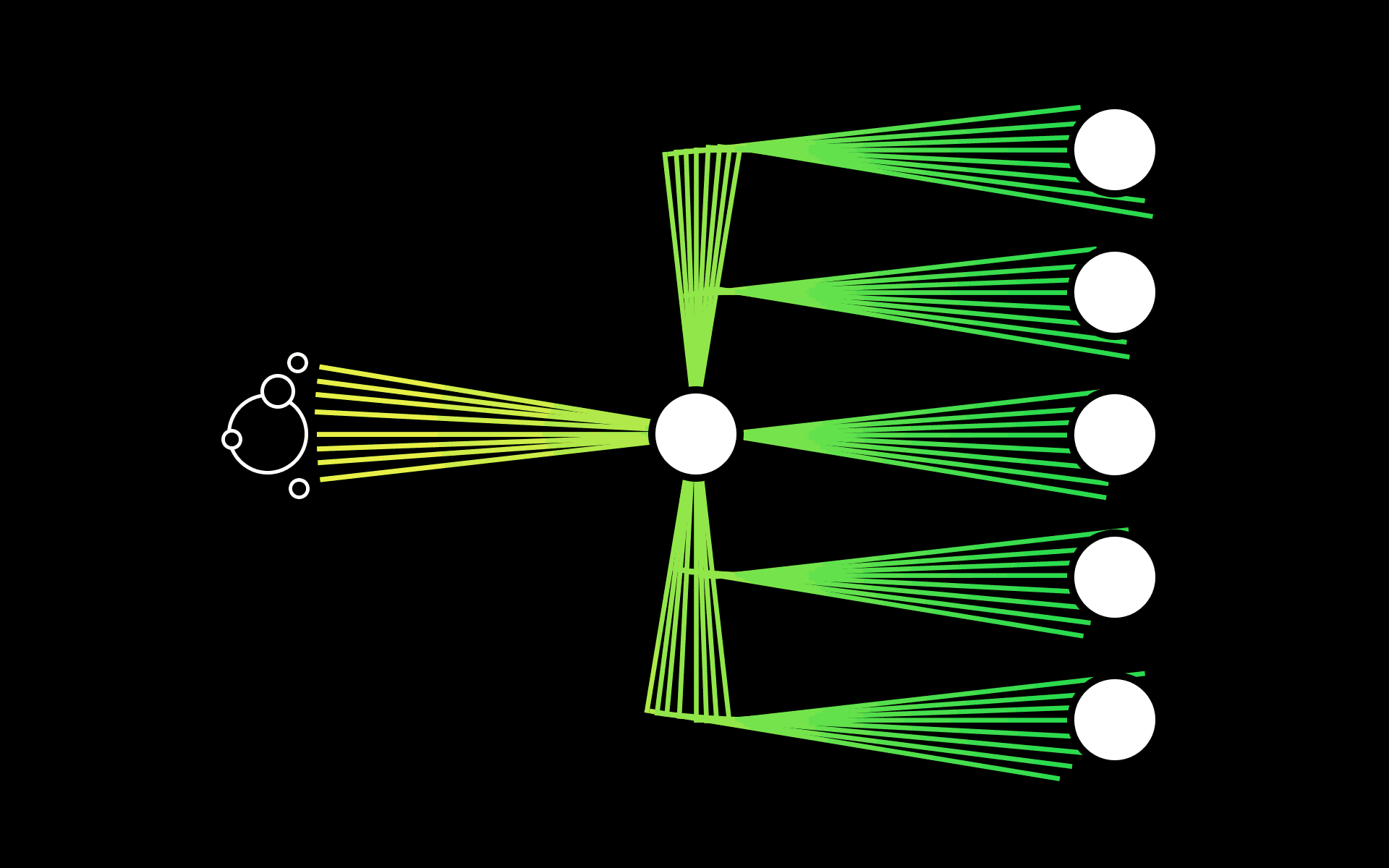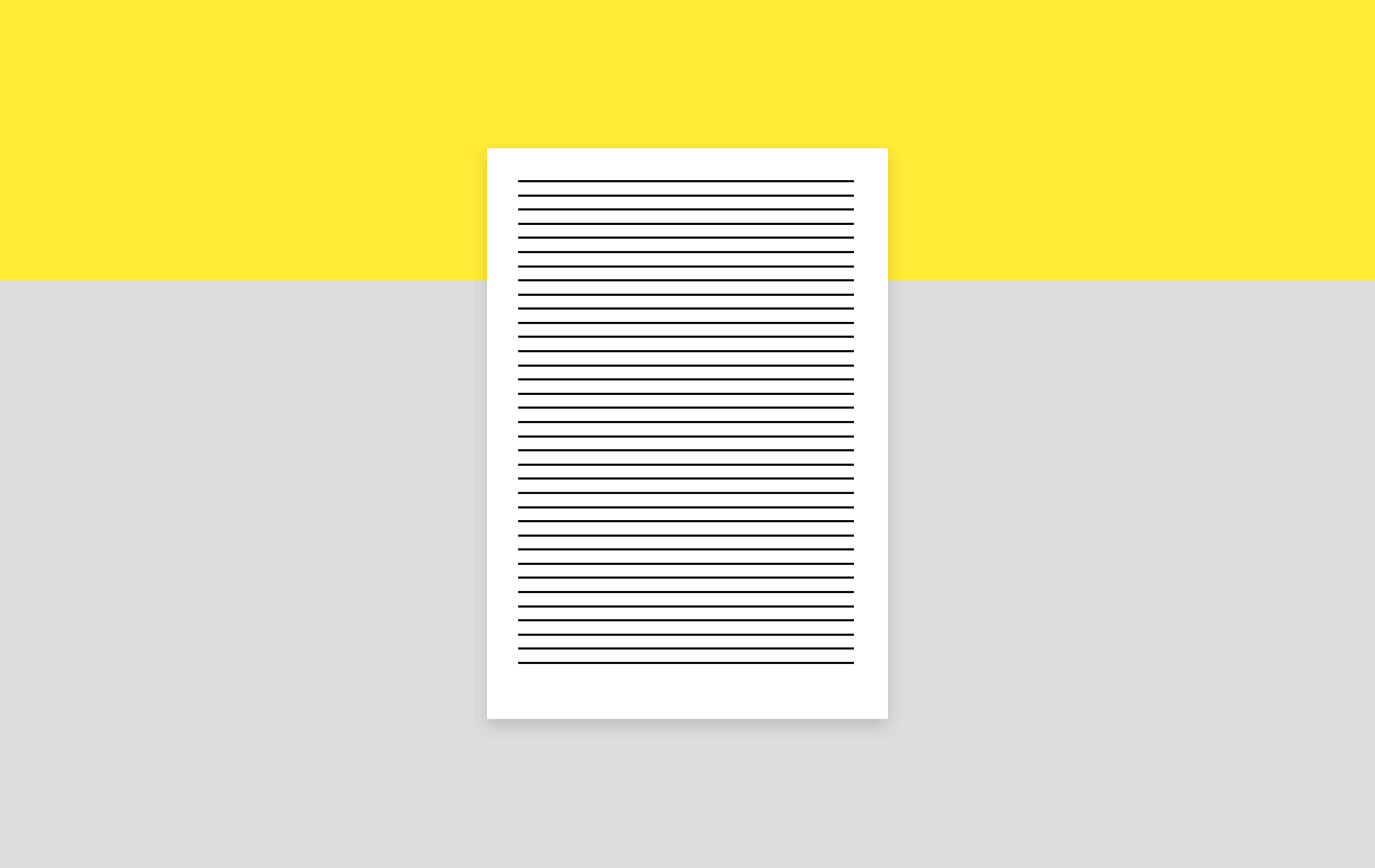Benefits of not choosing your characters wisely
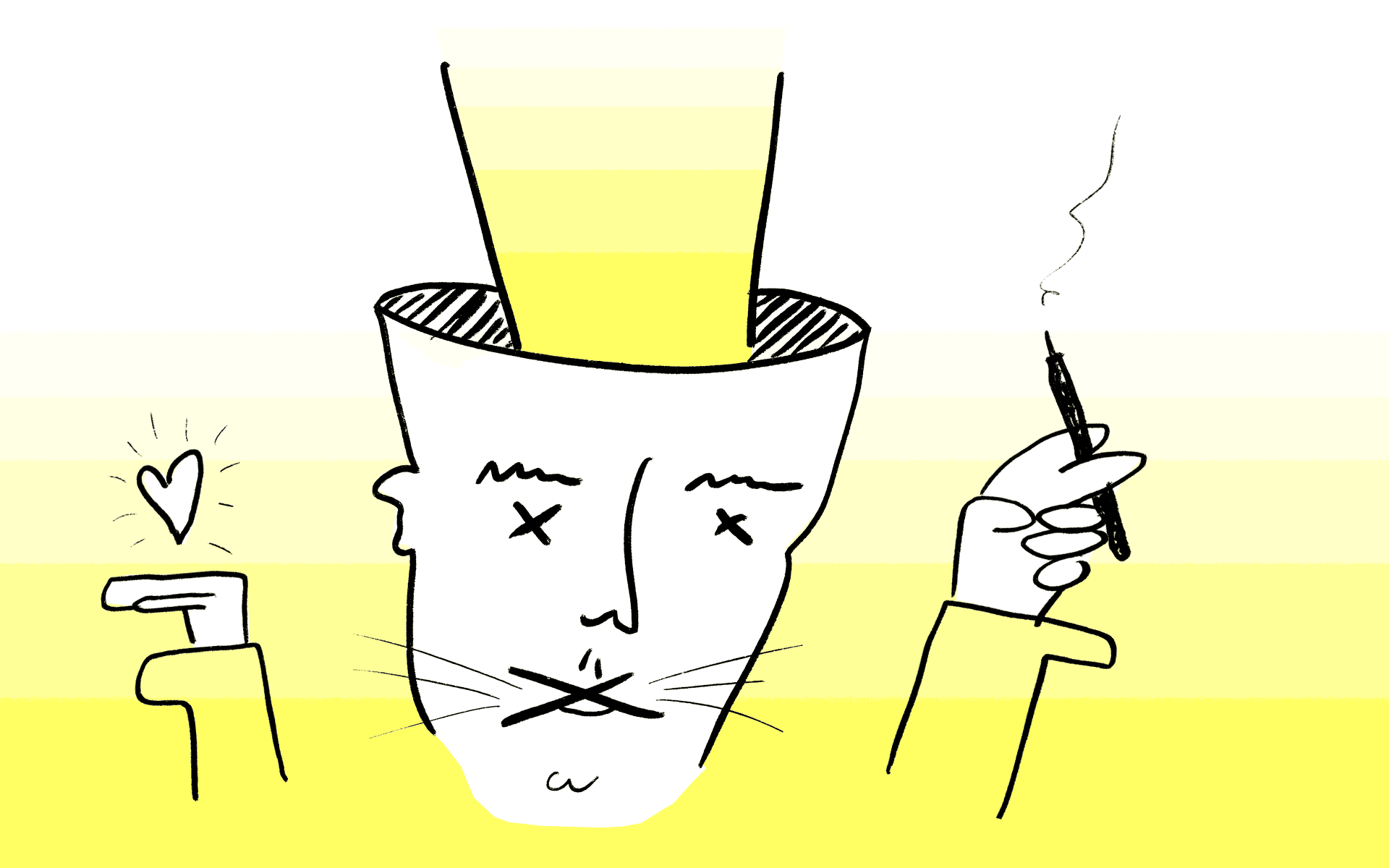
Remote landscape requires more asynchronous communication (especially when operating over many timezones), which requires more writing.
One example that is quite common: It’s not kind towards others to jump in into a meeting without preparations and save one’s unpreparedness by filling the air space with vague comments around the topic.
As part of the distributed environment, a written form of communication increases, and it’s essential to write down more things, be it about high-level strategies, team plans or just agendas for individual meetings. All this increases the level of transparency as well when more people can follow the process by going through the written notes/docs instead of joining all of the meetings.
Many of us are not highly talented at writing. That’s also one of the secondary reasons why this blog exists – trying to get better at it a bit by bit in my second/third language. There are, of course, some low-hanging fruits that improve the effectiveness in team settings, e.g. by writing an agenda for meetings or listing tasks/goals by using simply bulleted lists.
To the point: expressive writing
To make a link to the headline and reveal the real reason for this piece is a writing method that is called expressive writing. It’s a method introduced by a social psychologist James W. Pennebaker. His research indicates that the technique can improve health, mentally and physically. The interesting thing is that this can be used with a few simple steps:
- Choose a topic which is very important or close to you or something that keeps you awake at night.
- Write for 20 minutes per day. Write each day for four consecutive days. Don’t think about readers or the audience. This is for yourself.
- Don’t think. Just write. Don’t choose your sentences, words or characters. Only export your thoughts through your fingers on to the computer.
After four days (or later on), you can analyse your text if you want. Also, if you want some support for the process, you can check out the book for further advice.
Hopefully you find this technique useful, and it helps you to process recurring topics in your mind. Afterwards, clearer thinking about the topic might give benefits in a professional context, or, it’s also a good idea to use the technique in personal journaling and keep the learnings to yourself.
References:
- Pennebaker, James W. “Expressive Writing in Psychological Science.” Perspectives on Psychological Science, vol. 13, no. 2, Mar. 2018, pp. 226–229, doi:10.1177/1745691617707315.
- Baikie, Karen A., and Kay Wilhelm. “Emotional and Physical Health Benefits of Expressive Writing.” Advances in Psychiatric Treatment, vol. 11, no. 5, 2005, pp. 338–346., doi:10.1192/apt.11.5.338.
- The science-based benefits of writing by Anne-Laure Le Cunff
- Expressive Writing: Words That Heal by James W Pennebaker
share on facebook
share on twiter

